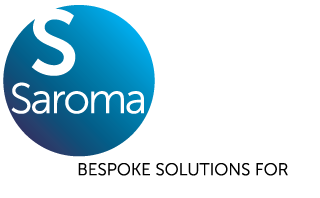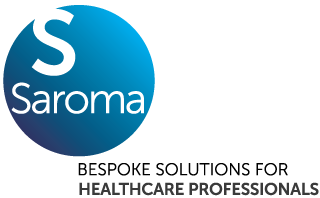Pharmacy Set Up
You may be an experienced pharmacist looking to take your next step by acquiring your own pharmacy, or maybe you’re recently qualified and keen to make your mark by setting up an independent business. Wherever you’re at in your career, we can support you to take that all-important next step.
Setting up a pharmacy
There is nothing quite like owning your own pharmacy to bring you job satisfaction… and also sleepless nights. Having an experienced organisation alongside you, who understands your business and can provide bespoke financial solutions, makes all the difference. We can help you make the right choices at the right time – from planning and due diligence to making the best financial arrangements and achieving your business dream.
Identify Suitable Business Opportunities
The first step is to decide what you’re looking for – maybe an independent pharmacy or a site that was formerly part of a larger multiple. Be sure to consider location, footfall and NHS prescription volume. Also, research local competition. Determine whether a freehold or leasehold property is preferable. Once you have a good idea what you’re looking for, engage a sales agency that specialises in pharmacies and can help you identify suitable opportunities.
Initial Due Diligence
Once you have identified a potential business opportunity, it’s important to carry out your initial due diligence checks. Review key performance indicators, including:
- Turnover, gross profit margins, and net profits.
- NHS and over-the-counter (OTC) sales split.
- Prescription volume and patient demographics.
- Assess regulatory compliance, including GPhC registration and NHS contract status.
Use a Specialist Healthcare Finance Broker to Secure Finance
Raising finance for a pharmacy purchase can be complex. A specialist healthcare finance broker can help you secure the funds you need, structuring the transaction in a way that is most likely to be acceptable to lenders, and negotiating competitive market terms. As a guideline, lenders typically offer 80% loan-to-value (LTV) on goodwill (business value) or 100% funding for freehold properties (if included in the purchase). If purchasing a leasehold site, lenders will match the loan term to the lease length. Interest rates are usually 2.5% above the base rate.
Review Financials – EBITDA Adjustments
When reviewing financials, certain costs can be added back into EBITDA (Earnings Before Interest, Tax, Depreciation, and Amortisation) to reflect the true profitability of the business. Proper EBITDA adjustments can improve your borrowing capacity and loan terms so don’t skip this step. Examples of allowable add-backs include:
- Locum costs – If you plan to work in the pharmacy yourself, these costs can be removed.
- One-off or discretionary expenses that will not continue post-sale.
Make an Offer and Agree Heads of Terms
Submit an offer for the business based on its valuation and financial viability. Negotiations with the seller should include price, handover period and warranties. Next, you need to sign the Heads of Terms (HoTs), outlining the agreement subject to due diligence.
Legal and Regulatory Checks
You will need to instruct a solicitor who is experienced in pharmacy acquisitions to carry out the correct legal and regulatory checks and ensure NHS contract transfer and GPhC compliance. Prior to exchange of contracts, you will need to carry out final due diligence checks, including stock valuation and liabilities as well as staff TUPE (Transfer of Undertakings Protection of Employment) arrangements. Once these have been finalised, you can sign the sale agreement and pay the deposit.
Completion and Handover
Once final payment is made and ownership of the business is transferred, you will need to notify NHS England as well as relevant wholesalers and service providers. Now the business is yours, you can proceed with implementing your business transition plans, including rebranding or making operational changes if needed.
Pharmacy Set Up Costs
These will vary according to footfall, NHS prescription volume and other factors. Getting it right during the set-up period will ensure your business has the best chance of being profitable and successful long-term. Working with a specialist healthcare financial solution provider can help you avoid some of the potential pitfalls and maximise the opportunities.


